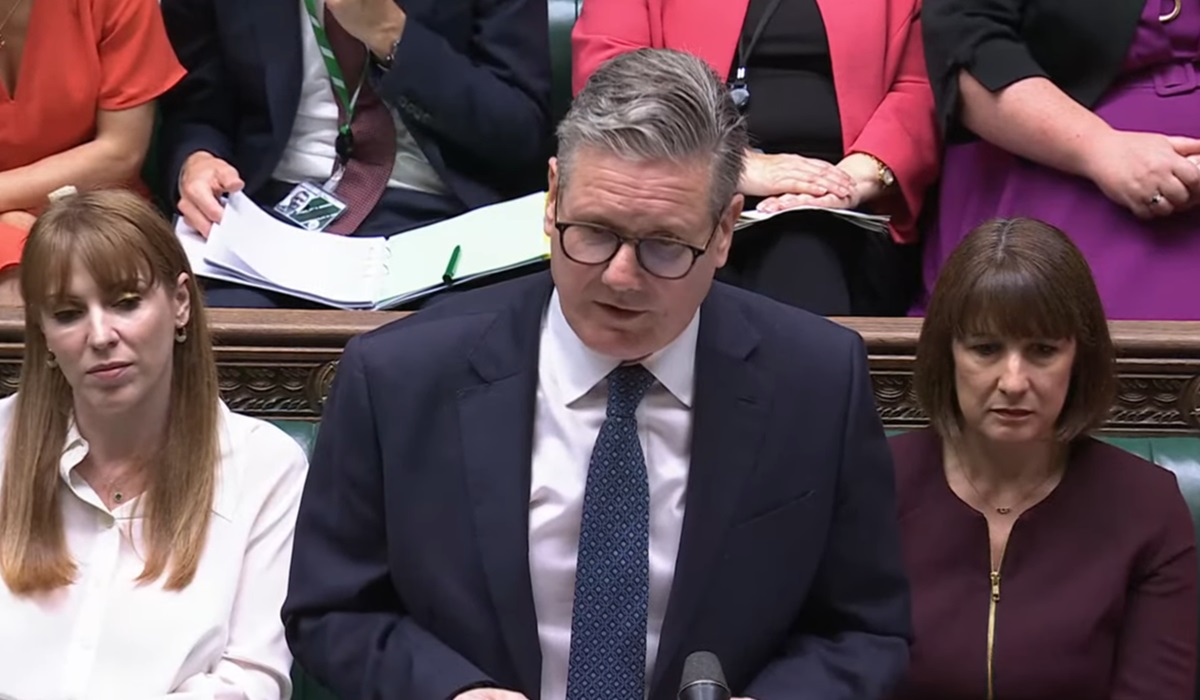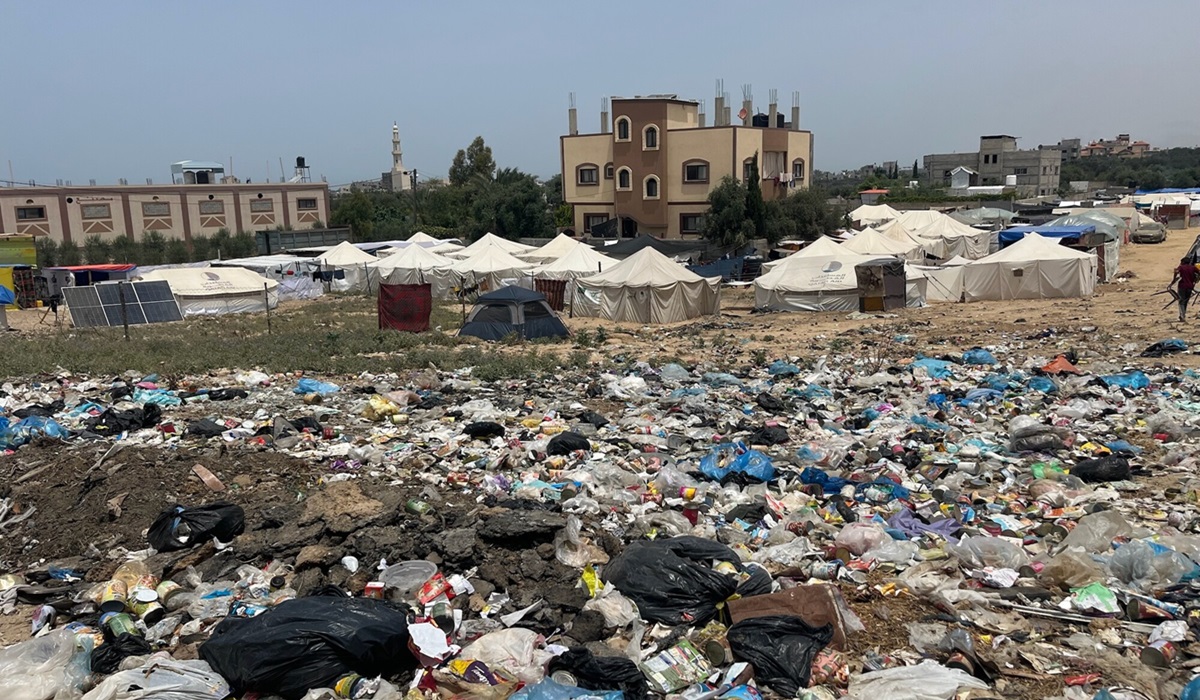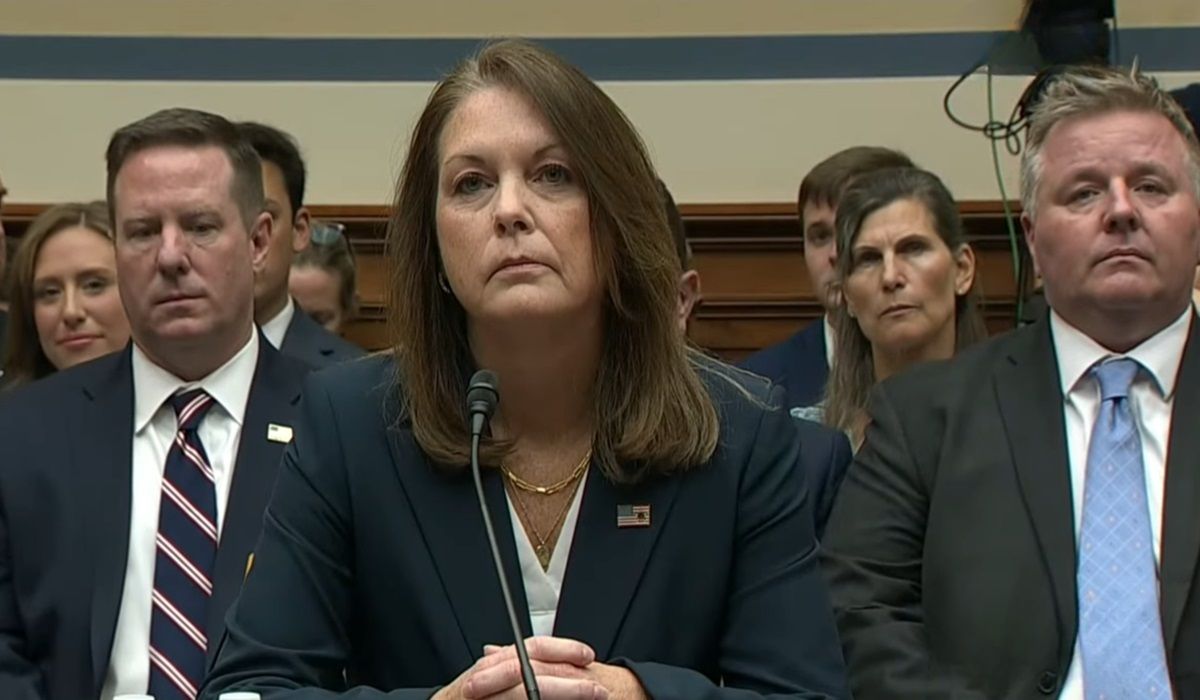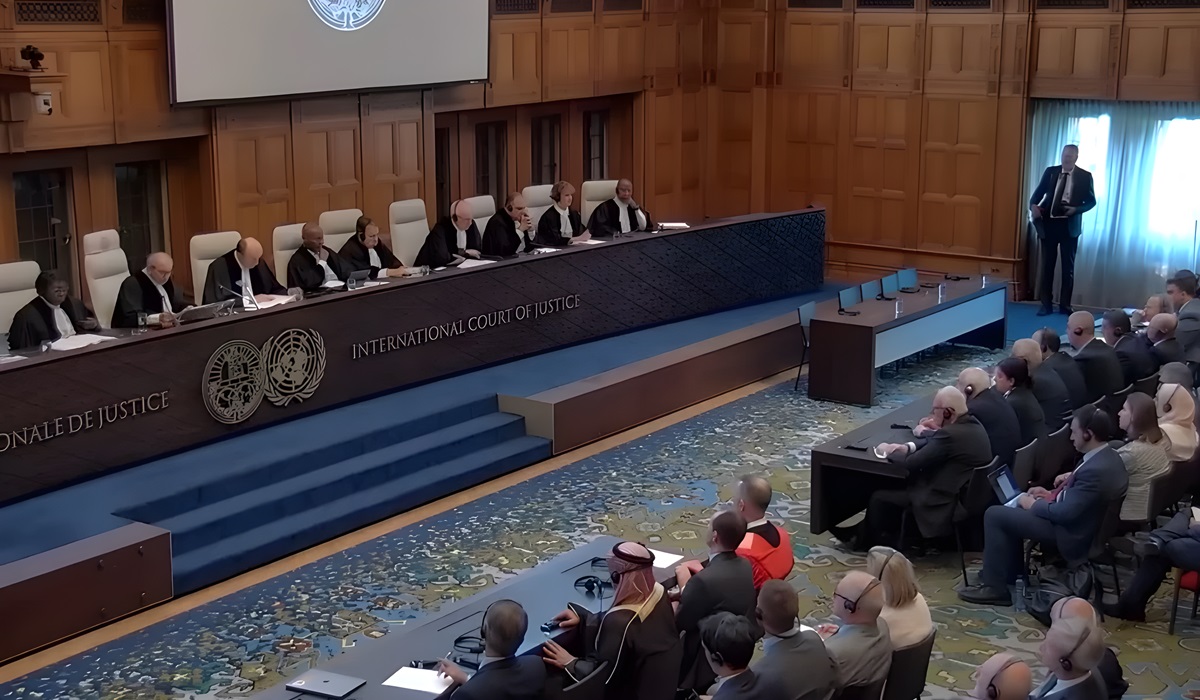COP27 Will Be The Most Difficult Summit To Date
- TDS News
- Breaking News
- Climate Change
- Western USA
- November 4, 2022
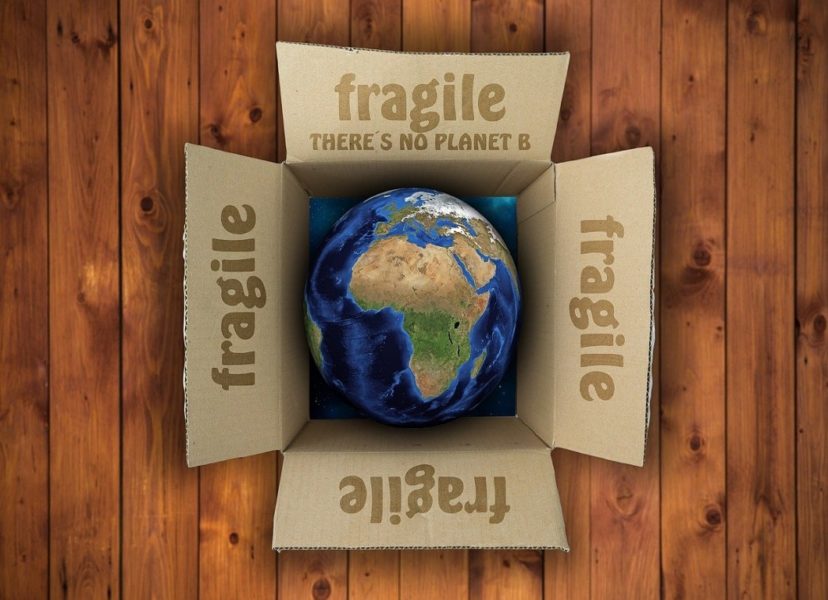
The war in Ukraine has seen an increased demand for coal as oil and gas prices continue to rise
By: Manuel Ostos
Climate change is no longer an issue for scientists and specialists. It is a serious problem that affects us all, and we don’t know whether it can be fixed or if it will continue to get worse.
One of the most important examples is the melting the polar mantle that affects the Arctic and the Atlantic. In Alaska, it has been found that the deep sea fauna is dangerously declining. This year in the state, the fishing of the famous snow crab, or royal crab, was banned. Just two years ago, the Alaskan shellfish population was believed to be in the billions; now, with the latest census data, it stands at a few hundred million.
In November 2022, a new round of the United Nations Climate Change Conference will open in the Egyptian town of Ashram El Sheikh by the Red Sea. Previously, the participating nations adopted the Kyoto Protocol in 1997 to reduce the effects of greenhouse gas, which are responsible for a large part of global warming.
“We want to reduce the emission of harmful gases and thus save the planet Earth,” affirmed the participants. There were difficulties in ratifying Kyoto objectives within each country’s government because of the complex ratification processes. Kyoto requested the reduction of the volume of carbon dioxide, methane and other gases that cause climate change, with the commitment of a 5.2 percent reduction.
The signatories were 187 countries, with a notable omission, the United States. Several months leading up to the Kyoto Convention, the U.S Senate passed the Byrd–Hagel resolution stating that:
“the United States should not be a signatory to any protocol … which would (A) mandate new commitments to limit or reduce greenhouse gas emissions for the Annex I Parties, unless the protocol … also mandates new specific scheduled commitments … for Developing Country Parties within the same compliance period, or (B) result in serious harm to the economy of the United States.”
Byrd–Hagel was not legally binding; however, despite this, it passed by a 95–0 vote rather than the two-thirds majority required for Senate ratification. Hence, if the United States had signed onto Kyoto at the time, it would be more of a symbolic gesture.
The United Nations returned to the issue in Paris in December 2015. On that date, scientists confirmed that industrialized countries are responsible for 55 percent of the gases that lead to global warming.
The Paris agreement adopted an action plan to lower the planet’s global temperature below 2 percent. This agreement has been in force since November 2016 but has not been fully complied with either.
The situation is complicated today by the increase in the price of oil. In countries such as the Netherlands, Spain, Italy and France, a large part of the production of fruits and vegetables is carried out under greenhouses. As a result, the Netherlands can export tomatoes all year round; the same happens in Spain with strawberries.
But with the price of oil used in greenhouses to generate energy rising sharply, European farmers already hear voices that say they will have to get rid of their greenhouses—Goodbye to Dutch tomatoes in December and Spanish red fruits in the winter months.
What can COP27 in Sharm el Sheikh offer? The first wish is to ratify the Paris agreement. Under Trump, the U.S. walked out of the deal. As Europe and the United States begin to reduce their dependence on Russian natural gas, voices are already being heard supporting returning to coal usage.
Germany wants to reactivate the coal mines in the Ruhr area. The Berlin parliament approved this year to reactivate the mines to limit purchases of Russian natural gas, thus following the sanctions measures of the European Union. Poland is preparing to do the same.
But consuming coal to generate electricity means saying goodbye to Kyoto and Paris. It will be another consequence of the Ukraine war started by Putin illegally.
The Ukraine war, coal, and sanctions against Russia have adversely affected the global economy. The consequences of climate change would not be so dire if Putin did not send the tanks to the neighbouring country.
COP27 in Egypt will have difficulty producing good results, no matter how many good intentions it may have. However, the fact that world leaders are meeting to discuss such an important issue and are willing to put forth ideas that can lead to a better future for everyone can and should not be discounted.

